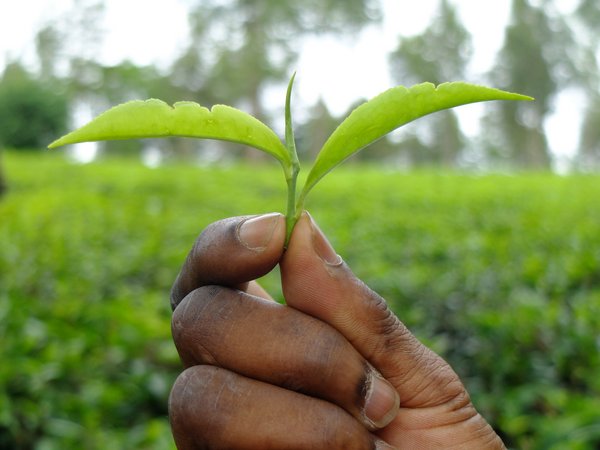P005_Kenya_DR Congo
Nutrient management of paddy rice fields in South-Kivu, Democratic Republic of Congo – Using UAV-imaging for a precision agricultural approach

Cooperating countries: Kenya, DR Congo and Austria
Coordinating institution: Egerton University (Kenya), Assoc.Prof. Dr. Samuel Mutuku Mwonga, smwonga@egerton.ac.ke
Partner institutions: Université Catholique de Bukavu (DR Congo), University of Natural Resources and Life Sciences, Vienna (Austria)
Project duration: 1 August 2021 - 31 July 2023
Abstract:
Rice production in the South-Kivu province in the Democratic Republic of Congo does not meet local demand despite its enormous production potential. Sustainable increase in rice production requires efficient and environmentally-sound management practices and a baseline assessment of current agronomic practices. The main objective of this project is to assess the effect of nutrient management via biochar amendment on paddy rice yield and soil properties, by using and demonstrating the potential of unmanned aerial vehicle (UAV) imaging technology in precision agriculture. Experimental plots will be installed in the lowlands of the Ruzizi plain, applying three levels of biochar (0, 1 or 2 t ha-1) under alternating wetting and drying (AWD) water management regimes and considering the two most commonly cultivated rice varieties. The rice crop and soil responses to different management practises will be established through imaging using both UAV photogrammetry and spectroscopy approaches with RGB and multispectral (visible-infrared) cameras, respectively. Image-based analyses will be verified by ‘ground truth’ measurements on soils (carbon, nitrogen) and crops (nutrient status, phenology, and yield). Projected yield estimates under optimized management regimes will be scaled by modelling. Results will be disseminated to local and international shareholders. This study is of great importance in the South-Kivu province where the demand for rice keeps increasing but where limited studies have been conducted to improve sustainable paddy rice production. The applied study will therefore contribute to hunger and poverty reduction in the region and facilitate cross-border collaboration and capacity building in Sub-Saharan Africa—using a timely, digital approach to facilitate advanced agronomic techniques.